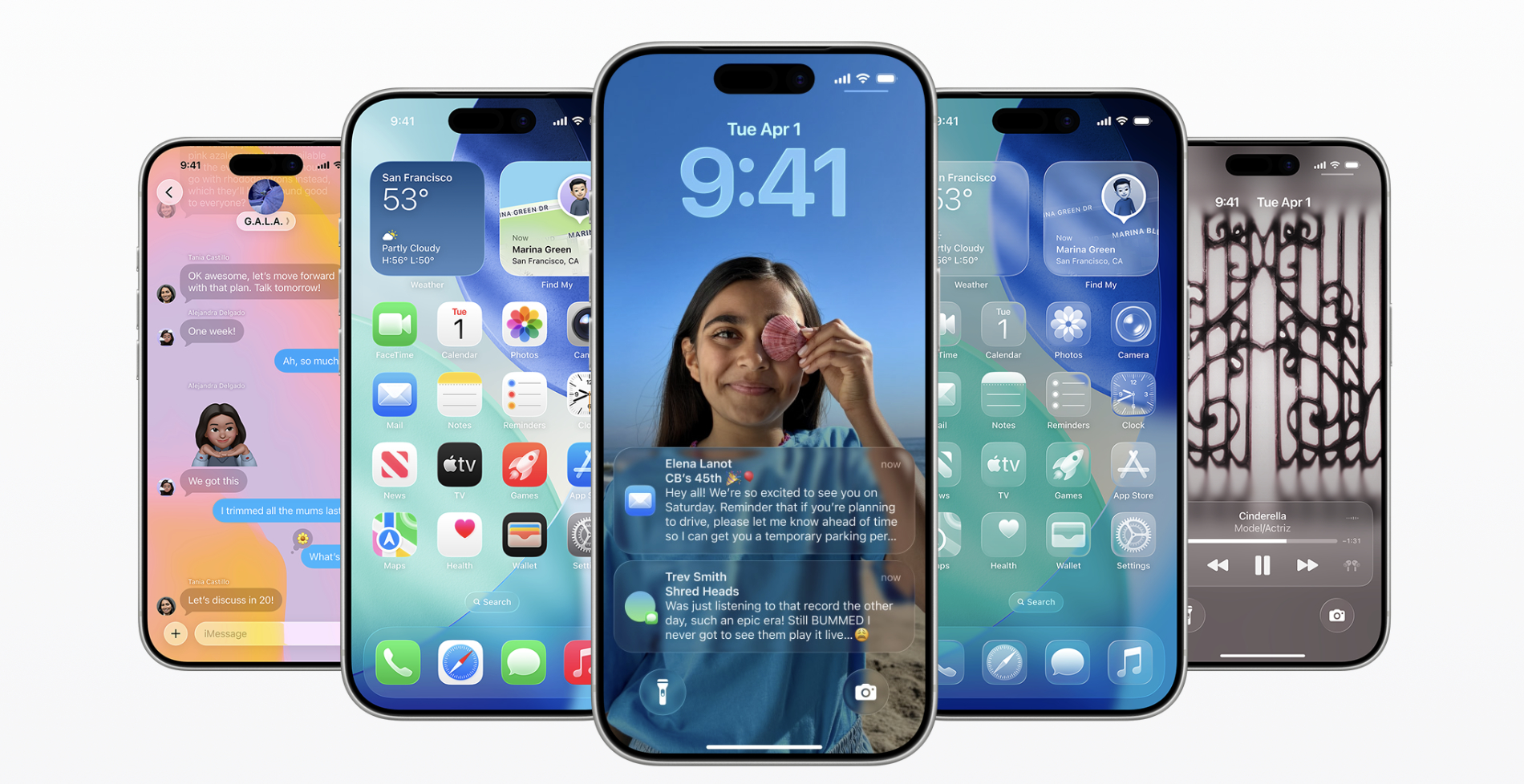
Meta whistleblower Sarah Wynn-Williams, the former director of Global Public Policy for Facebook and author of the recently released tell-all book “Careless People,” told U.S. senators during her testimony on Wednesday that Meta actively targeted teens with advertisements based on their emotional state.
This claim was first documented by Wynn-Williams in her book, which documents her time at Facebook and the “careless” disregard from its top execs, including CEO Mark Zuckerberg and former COO Sheryl Sandberg, about the power the tech company wields in the world and its capability to do harm.
Though the focus of Wednesday’s hearing was largely on Meta’s dealings with China and how it may have misrepresented its plans in prior congressional hearings, the senators were also keen to ask about Instagram, given that the social app had been the subject of earlier congressional investigations into Meta’s harms to children back in 2021.
In response to a question from Sen. Marsha Blackburn (R-TN), Wynn-Williams admitted that Meta (which was then known as Facebook) had targeted 13- to 17-year-olds with ads when they were feeling down or depressed.
“It could identify when they were feeling worthless or helpless or like a failure, and [Meta] would take that information and share it with advertisers,” Wynn-Williams told the senators on the subcommittee for crime and terrorism within the Judiciary Committee. “Advertisers understand that when people don’t feel good about themselves, it’s often a good time to pitch a product — people are more likely to buy something.”
She said the company was letting advertisers know when the teens were depressed so they could be served an ad at the best time. As an example, she suggested that if a teen girl deleted a selfie, advertisers might see that as a good time to sell her a beauty product as she may not be feeling great about her appearance. They also targeted teens with ads for weight loss when young girls had concerns around body confidence, Wynn-Williams said.
She claimed that Meta was aware that users aged 13-17 were a vulnerable but “very valuable” demographic to advertisers, which was the motive.
In fact, she said that one business leader at the company even explained to her that Facebook was aware that it has the “most valuable segment of the population” for advertisers, teens, and said that Meta should be “trumpeting it from the rooftops.”
At the time, Wynn-Williams had been suggesting to the exec that a trillion-dollar company was not short on money and didn’t need to go this route to add a little more to its coffers.
If Meta was willing to target teens based on their emotional states, it stands to reason they’d do the same to adults. And one document displayed during the hearing showed an example of just that, it turned out.
In a screenshot of an internal chat, a Facebook policy director asks if it’s true that Facebook was doing research into young mothers and their emotional state, to which another person replied, “yes,” even joking that they may ask their “apparently morally bankrupt colleagues” if there was any other research like this.
Adding a bit more color to her comments, Wynn-Williams also noted that it had surprised her how many Silicon Valley executives didn’t let their own children use the products they built.
“I would say, ‘Oh has your teen used the new product we’re about to launch?,’” Wynn-Williams said. “And they’re like, ‘My teenagers are not allowed on Facebook. I don’t have my teenager on Instagram.’ These executives … they know. They know the harm this product does. They don’t allow their own teenagers to use the products that Meta develops. The hypocrisy is at every level.”
In a company statement, Meta denied the allegations in Wynn-Williams’ testimony, calling them “divorced from reality and riddled with false claims.”






